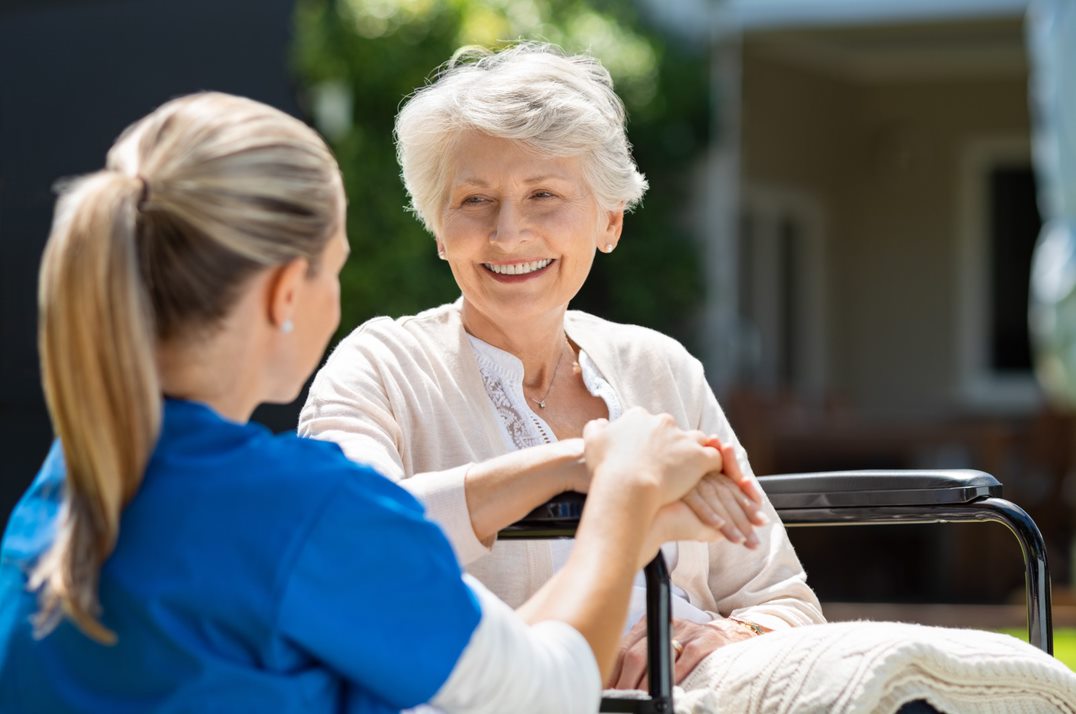Some Of Dementia Fall Risk
Wiki Article
The Dementia Fall Risk PDFs
Table of ContentsDementia Fall Risk - An OverviewDementia Fall Risk Can Be Fun For AnyoneThe Of Dementia Fall RiskHow Dementia Fall Risk can Save You Time, Stress, and Money.
A loss threat assessment checks to see how likely it is that you will certainly drop. It is mostly provided for older grownups. The evaluation normally consists of: This consists of a collection of questions regarding your total health and if you've had previous drops or troubles with balance, standing, and/or walking. These devices evaluate your stamina, equilibrium, and gait (the means you walk).Treatments are suggestions that might lower your danger of falling. STEADI consists of 3 actions: you for your risk of falling for your threat variables that can be enhanced to try to avoid drops (for instance, balance problems, damaged vision) to decrease your threat of falling by making use of effective strategies (for instance, supplying education and resources), you may be asked numerous questions consisting of: Have you fallen in the previous year? Are you worried about dropping?
If it takes you 12 secs or even more, it may suggest you are at higher threat for an autumn. This examination checks strength and equilibrium.
Relocate one foot midway ahead, so the instep is touching the big toe of your other foot. Move one foot fully in front of the various other, so the toes are touching the heel of your various other foot.
Dementia Fall Risk Fundamentals Explained
Most falls take place as an outcome of several adding aspects; as a result, taking care of the danger of falling begins with identifying the aspects that add to fall risk - Dementia Fall Risk. Some of the most pertinent danger aspects consist of: History of previous fallsChronic medical conditionsAcute illnessImpaired gait and equilibrium, lower extremity weaknessCognitive impairmentChanges in visionCertain risky medicines and polypharmacyEnvironmental elements can also enhance the risk for falls, including: Insufficient lightingUneven or harmed flooringWet or unsafe floorsMissing or damaged handrails and order barsDamaged or improperly fitted equipment, such as beds, mobility devices, or walkersImproper use assistive devicesInadequate supervision of individuals staying in the NF, including those who show hostile behaviorsA effective loss threat administration program calls for an extensive professional evaluation, with input from all members of the interdisciplinary group
.png)
The treatment plan should additionally consist of interventions that are system-based, such as those that advertise a safe environment (ideal illumination, hand rails, order bars, etc). The performance of the interventions must be assessed occasionally, and the care plan changed as required to mirror modifications in the fall danger evaluation. Applying a fall threat management system using evidence-based ideal practice can minimize the prevalence of drops in the NF, while restricting the potential for fall-related injuries.
The Dementia Fall Risk PDFs
The AGS/BGS guideline recommends screening all grownups matured 65 years and older for autumn danger every year. This testing contains asking clients whether they have actually fallen 2 or more times in the previous year or looked for clinical interest for a fall, or, other if they have not fallen, whether they feel unstable when strolling.Individuals that have actually dropped as soon as without injury needs to have their equilibrium and stride evaluated; those with stride or equilibrium abnormalities ought to receive additional evaluation. A history of 1 fall without injury and without gait or balance problems does not warrant further evaluation beyond continued yearly fall best site risk testing. Dementia Fall Risk. A loss threat analysis is needed as part of the Welcome to Medicare examination

All about Dementia Fall Risk
Recording a drops history is one of the high quality indicators for autumn go to website avoidance and management. Psychoactive drugs in particular are independent predictors of drops.Postural hypotension can frequently be reduced by lowering the dose of blood pressurelowering medications and/or stopping medicines that have orthostatic hypotension as a negative effects. Use of above-the-knee assistance hose pipe and resting with the head of the bed boosted might also decrease postural reductions in high blood pressure. The advisable elements of a fall-focused checkup are shown in Box 1.

A Yank time better than or equivalent to 12 seconds recommends high fall threat. Being not able to stand up from a chair of knee height without utilizing one's arms indicates increased autumn risk.
Report this wiki page